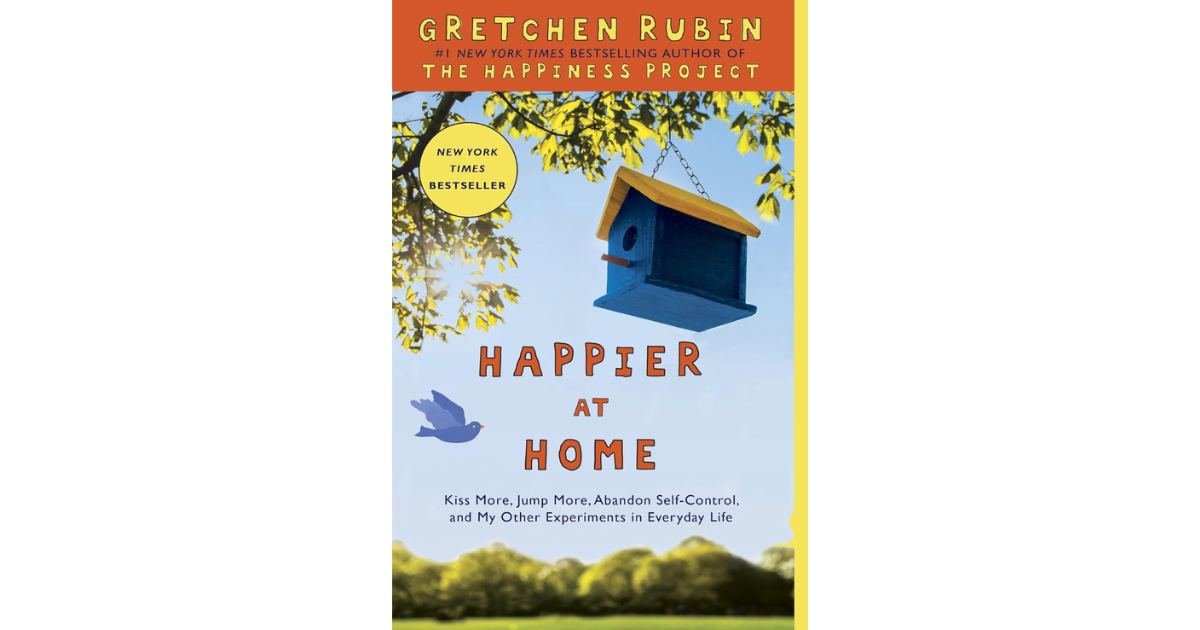Business Book Review: The 12 Week Year by Brian P. Moran and Michael Lennington
This brilliant book births a paradigm shift. The 12 Week Year will change the way you view time, your year and your priorities forever.
My Rating: ★★★★★
Length: 208 pages
Publisher: Wiley
Released: 2013
Key Takeaways for Personal Branding
Every so often, a rare book changes the way you view something you thought was unchangeable. The 12 Week Year by Brian P. Moran and Michael Lennginton is that book. I’ve now read this life-changing book three times.
12 Weeks Equals a Year
The 12 Week Year will challenge you to redefine time as you know it. 12 weeks is not a quarter of the calendar year - it is the year. Forget annualised plans and think in 12 week years.
The 1 Week Year revolution uses all the gusto that comes with end-of-year motivation and applies it to the whole year. The goal is intentional focused execution, done with a sense of urgency:
“The 12 Week Year narrows your focus to the week and, more to the point, the day, which is where execution occurs.”
“At the heart of annualized thinking is an unspoken belief that there is plenty of time in the year to make things happen. In January, December looks a long way off.”
“What is it about year-end? Why do people behave differently in November and December than they do in July and August? Inevitably, it is because there is a deadline, which for most people is December 31. The end of the year represents a line in the sand, a point at which we measure our success or failure. Never mind that it’s an arbitrary deadline; everyone buys into it. It is the deadline that creates the urgency.”
By default, it reduces complacency and the sense of having plenty of time that comes with a 12-month calendar:
“We mistakenly believe that there is a lot of time left in the year, and we act accordingly. We lack a sense of urgency, not realizing that every week is important, every day is important, every moment is important. Ultimately, effective execution happens daily and weekly.”
Your 12 Week Year plan is then based on only key strategic priorities. For each goal there are tactics. Because, too often people focus their goals on the what and not also the how:
“The weekly plan is not a glorified to-do list; rather it reflects the critical strategic activity from your 12 week plan that needs to take place this week in order for you to achieve your goals.”
The plan is then broken down into weeks and is underpinned by a system of weekly review and planning:
“To use your weekly plan effectively, you will need to spend the first 15 or 20 minutes at the beginning of each week to review your progress from the past week and plan the upcoming one.”
The weekly system of review then informs your weekly scorecard, with achieving 85% of your weekly plan being the benchmark.
Lead and Lag Indicators
The key to an effective 12 Week Plan is both lead and lag indicators:
“Effective measurement captures both lead and lag indicators that provide comprehensive feedback necessary for informed decision making. Lag indicators—things like income, sales, commission dollars, pounds lost, body fat percentage, overall cholesterol levels—represent the end results that you are striving to achieve. Lead indicators are the activities that produce the end results—for instance the number of sales calls, or referrals are lead indicators in the sales process.”
The beauty of lead indicators is that it focuses on what you can control - the effort that produces the results. Importantly still, lag indicators show you the results of those efforts.
The Model Work Week
The authors propose scheduling your ‘model work week’ around three key blocks:
Strategic blocks - Approximately three uninterrupted hours when you work on strategic and money-making activities.
Buffer blocks - Designed for unplanned, low-value activity. Approximately 30 minutes once or twice a day (usually in the morning and end of the day) for minimal, yet important tasks like email and phone calls. Time required will vary based on the person.
Breakout blocks - A few hours, during work hours, each week for yourself. Only recommended once you’re seeing results that your efforts are working for you.
The 12 Week Year is not just another how-to book about planning. Yes, it’s a manual, but more than that, it proposes a big idea. It’s the perfect balance of philosophical meets pragmatism.
Favourite Quotes
The marketplace only rewards those ideas that get implemented. You can be smart and have access to lots of information and great ideas; you can be well connected, work hard, and have lots of natural talent, but in the end, you have to execute. Execution is the single greatest market differentiator.
Without a compelling reason to choose otherwise, most people will take comfortable actions over uncomfortable ones. The issue is that the important actions are often the uncomfortable ones.
In order to tap the incredible power of your vision you need a future that is bigger than the present. If you’re going to create a breakthrough—if you’re going to reach the next level—you will need to move through fear, uncertainty, and discomfort.
More of the important stuff gets done day in and day out. A few days or weeks of that is no big deal, but when you put together day after day after day—week after week after week—the result is like compound interest, and in just 12 weeks you can be in a very different position, both personally and professionally.
The two lives most of us have: the one we live and the one we are capable of living. Don’t settle for anything less than the life you are capable of.
They say it takes a genius to communicate simply. This is exactly what the authors deliver. A remarkably rebellious idea, delivered in plain-speak. A profound concept made so crystal clear, that you won’t ever be able to unsee it in everything you do.
The 12 Week Year by Brian P. Moran and Michael Lennington: Available on Amazon.




